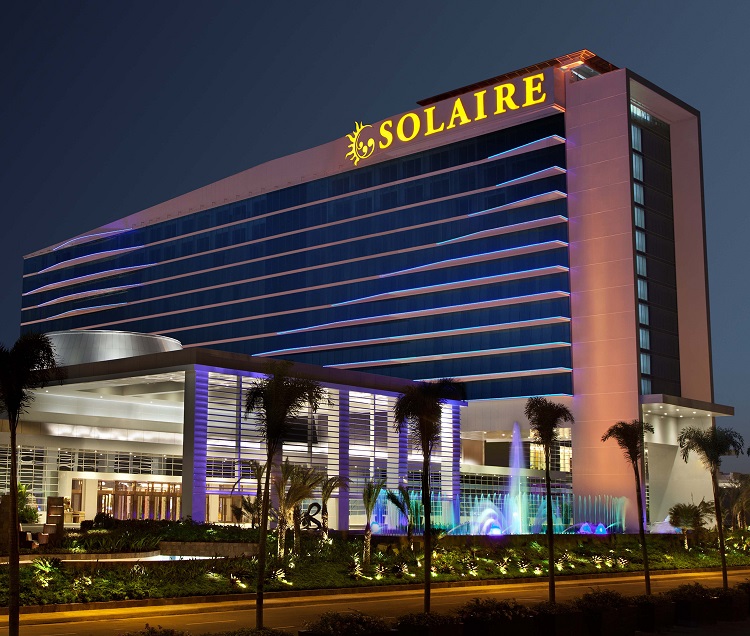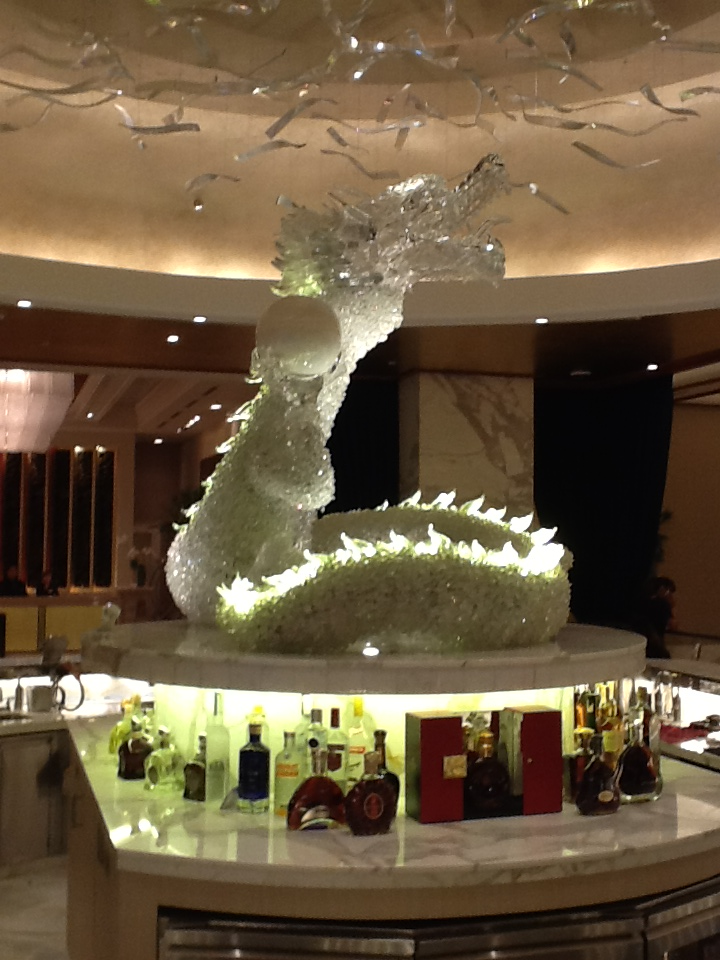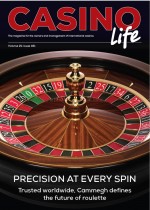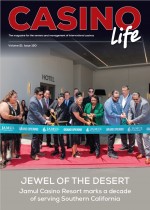Is Manila the region’s next Macau?
The gambling world is on the lookout for its next international hub, and the city of Manila is firmly on the radar. But can the Philippine capital handle an influx of junket operators and criminal undercurrents?

Skyscrapers, jeepneys, Lake Taal and shoe production…the bustling metropolis of Manila is famous for many things, but can world-class casinos be next? With the PSEI - the Philippines’ regional stock market index - emerging as one of 2012’s top performers, there has been speculation that that the city can rival Macau as Asia’s flagship gambling centre.
International investors are jumping on economic signals, the latest of which show gaming revenues to have exceeded $2.5 billion. Port magnate Enrique Razon Jr has stoked the investment fire with his $1.2 billion Solaire casino property in Manila Bay. There are four further resorts in the pipeline, courtesy of collaborations between Henry Sy, the Philippines’ richest man, and James Packer and Lawrence Ho’s Melco Crown Entertainment.
In light of mogul interest, Hong Kong brokerage firm CLSA predicts the Philippine gambling industry will be worth more than $5 billion within two years, and reach $10 billion in revenues before the end of the decade.
Gambling on the rise
 Aside from the recent economic growth, there are several other factors which make Manila an attractive location for casino resorts. Gambling culture is well-entrenched in the city, with underground, illicit card games dating back to 19th Century Spanish Colonial rule. Low labour cost is a boon for new enterprise, reducing overheads and maximising profit margins.
Aside from the recent economic growth, there are several other factors which make Manila an attractive location for casino resorts. Gambling culture is well-entrenched in the city, with underground, illicit card games dating back to 19th Century Spanish Colonial rule. Low labour cost is a boon for new enterprise, reducing overheads and maximising profit margins.
Geographically, Manila is an important location for tapping into the wealthy Asian tourist market, with visitor streams from China, South Korea and Japan. The city is aiming to maximise tourism revenue by engaging junket operators who extend credit to gamblers and help them bypass the currency restrictions that otherwise jeopardise expenditure. Junket operators act as intermediaries for licensed casino operators, delivering high-roller V.I.P. players and a minimum guaranteed rolling chip turnover in return for gaming services and monthly commission.
Junket operators are receiving government backing. Heavily regulated in other countries, they enjoy tax exemption and favourable payments terms to reel in Chinese V.I.Ps. Junket operators targeting Manila are rumoured to pay 15% in duty if they deliver wealthy players, compared to 40% in Macau. To sweeten the pot for investors, corporation tax is set to 5% and foreign companies are eligible for tax credits.
Junket influence and safety concerns
Mogul investment may be taking shape, but it’s fuelled largely by domestic magnates and figures within the casino industry. Paul Garcia, Chief Investment Officer at BPI Asset Management in Manila, expressed scepticism in an interview with the New York Times: “I am still not that confident about our ability to attract the foreign V.I.P.’s, the junkets from Macau and other players from the region. We have a chance of getting some market share, but we’ll wait for lower shares.” A factor deterring foreign investors is Manila’s poor infrastructure and chequered safety record, underlined by a 2010 hostage siege which resulted in the death of eight tourists from Hong Kong. This casts doubt over Manila’s appeal to international tourists – particularly those from the U.S.
Another hurdle is the low bet value associated with Manila gambling institutions. The average bet size in Manila is approximately 40 pesos, or $1, compared with Macau, where gambling tables often have a minimum bet of 300 patacas, or $38. This means that new resorts are heavily dependent on junkets to guarantee higher bet values. Since this means clawing away high-rollers from popular resorts in Macau, many investors remain unconvinced that this strategy will work once the novelty of a new location wears off. Junket operators also come with unsavoury links to a criminal underworld. As Reuters reports, junkets are often propped up by sub-junkets or agents, who collect gambling debts and hunt out high-rollers by illegally checking credit histories.

In domestic media circles there have been questions raised over the social implications of a booming casino industry, namely the proliferation of illegal numbers game jueteng amongst the poor. At a political level, the Philippines has long been dogged by a reputation for corruption, and the bribery allegations surrounding Japanese billionaire Kazuo Okada’s bid to build a casino on Manila Bay did not sit well with President Benigno Aquino III’s anti-corruption agenda.
Local resistance comes in the form of Manila mayor Joseph Estrada, who has named gambling as one of the targets in crackdown on vices and corruption. Although his initiative is mainly focused on illegal gambling and police corruption in the form of a one strike policy for neglectful officials, his bullish rhetoric could go a long way to swaying public perception about gambling as a whole.
The economic statistics suggest Manila is well placed to become Asia’s next gambling mecca. The industry contributed to a 7.8% national GDP growth in the first quarter of 2013. But if it’s to sustain its appeal to international investors and tourists, Manila will have to monitor junket operators, safety concerns and social repercussions.
By Sam Miranda. Sam is a gaming industry journalist, also featured on CalvinAyre and iGamingBusiness. He provides operator reviews and information here.































